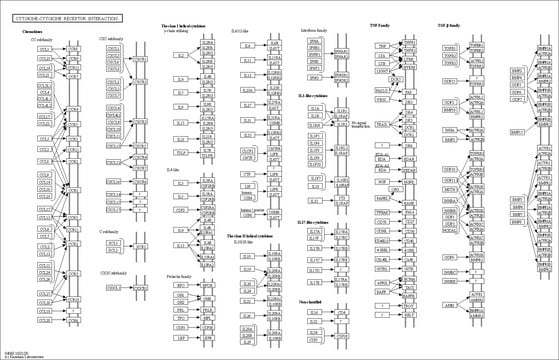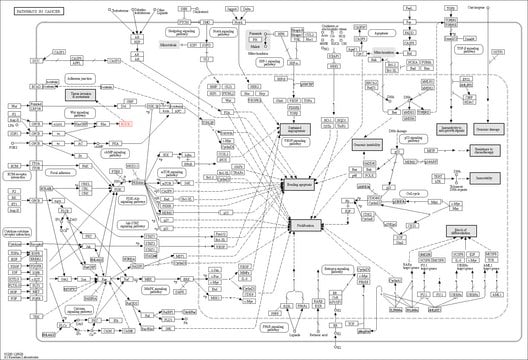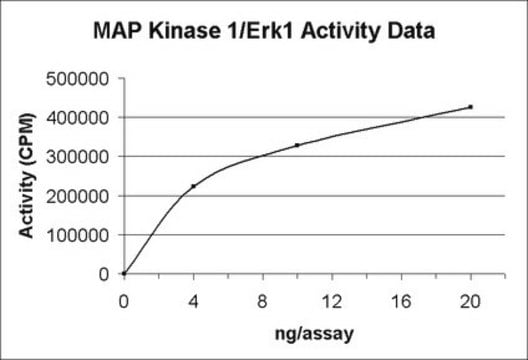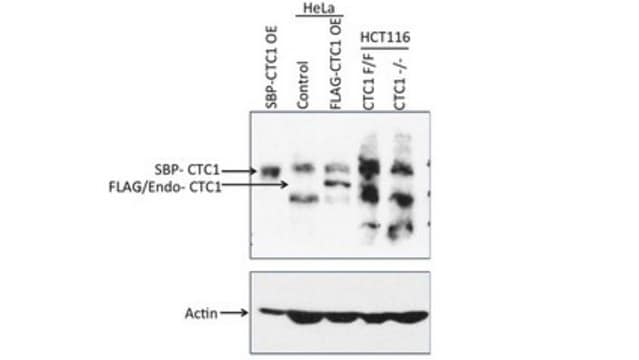SRP3189
APRIL from mouse
recombinant, expressed in E. coli, ≥98% (SDS-PAGE), ≥98% (HPLC), suitable for cell culture
Sinónimos:
CD256, TALL-2, ZTNF2, A Proliferating-inducing Ligand, TNFSF13, TRDL-1a
About This Item
Productos recomendados
biological source
mouse
recombinant
expressed in E. coli
assay
≥98% (HPLC)
≥98% (SDS-PAGE)
form
lyophilized
mol wt
21.9 kDa
packaging
pkg of 20 μg
technique(s)
cell culture | mammalian: suitable
impurities
<0.1 EU/μg endotoxin, tested
color
white to off-white
Protein ID accession no.
UniProt accession no.
shipped in
wet ice
storage temp.
−20°C
Gene Information
mouse ... TNFSF13(69583)
General description
APRIL (a proliferation-inducing ligand) was identified in 1998 through database mining and is a member of the TNF (tumor necrosis factor) family. APRIL gene is localized to human chromosome 17p13, contains six exons, and is alternatively transcribed to 1.8, 2.1, and 2.4 kb mRNA transcripts. APRIL protein is composed of a cytosolic domain of 28 amino acids, and a transmembrane region. It also contains an exoplasmic region, made up of a stalk and a TNF domain. It shares the highest similarity to BLyS (B lymphocyte stimulator) protein, ~30% sequence similarity in the TNF domain. It is synthesized as a type II transmembrane protein and is proteolytically processed as a mature protein, which is a soluble and non-covalent trimer. Recombinant murine APRIL is a soluble 21.9 kDa protein, consisting of 192 amino acid residues.
Biochem/physiol Actions
Sequence
Physical form
Reconstitution
Storage Class
11 - Combustible Solids
wgk_germany
WGK 3
flash_point_f
Not applicable
flash_point_c
Not applicable
Certificados de análisis (COA)
Busque Certificados de análisis (COA) introduciendo el número de lote del producto. Los números de lote se encuentran en la etiqueta del producto después de las palabras «Lot» o «Batch»
¿Ya tiene este producto?
Encuentre la documentación para los productos que ha comprado recientemente en la Biblioteca de documentos.
Nuestro equipo de científicos tiene experiencia en todas las áreas de investigación: Ciencias de la vida, Ciencia de los materiales, Síntesis química, Cromatografía, Analítica y muchas otras.
Póngase en contacto con el Servicio técnico







